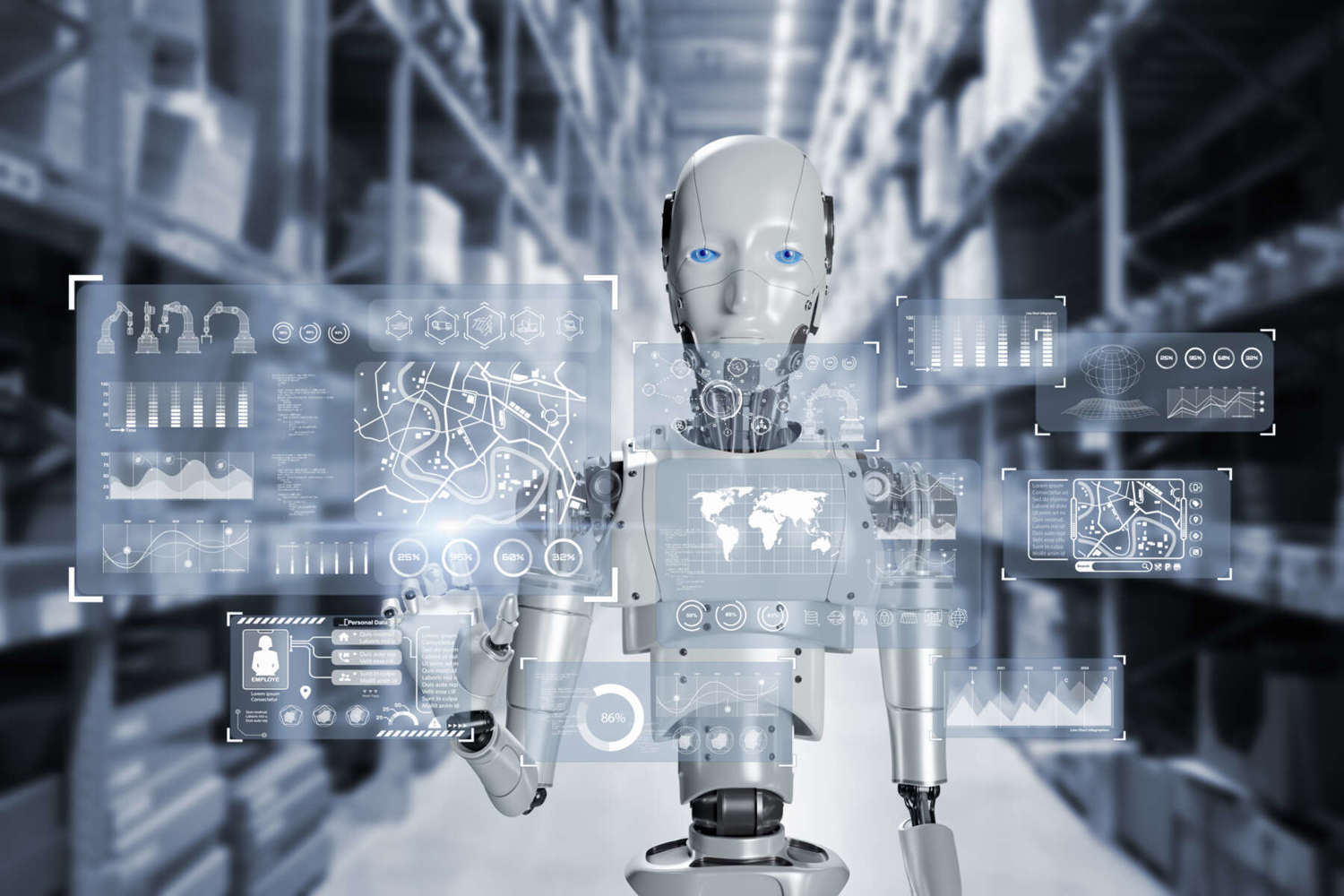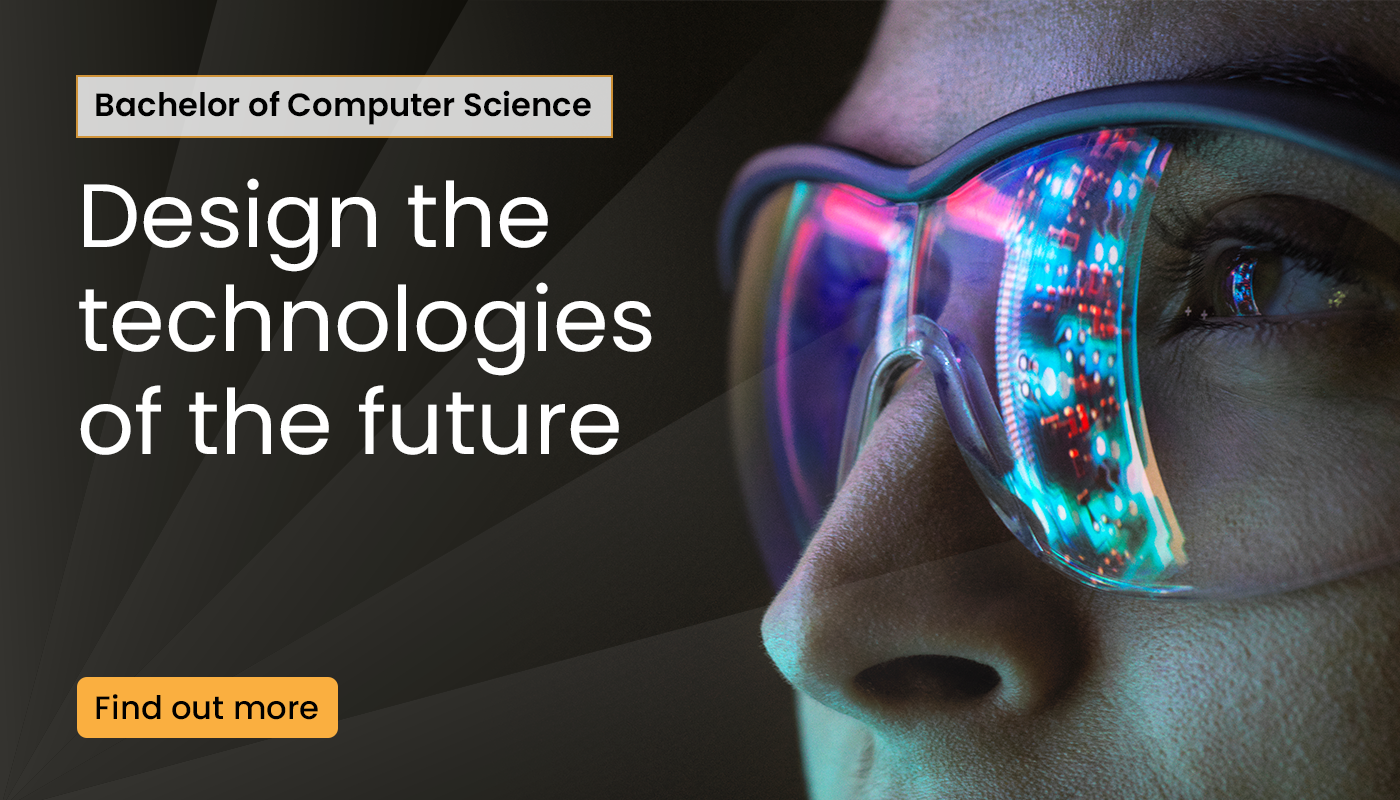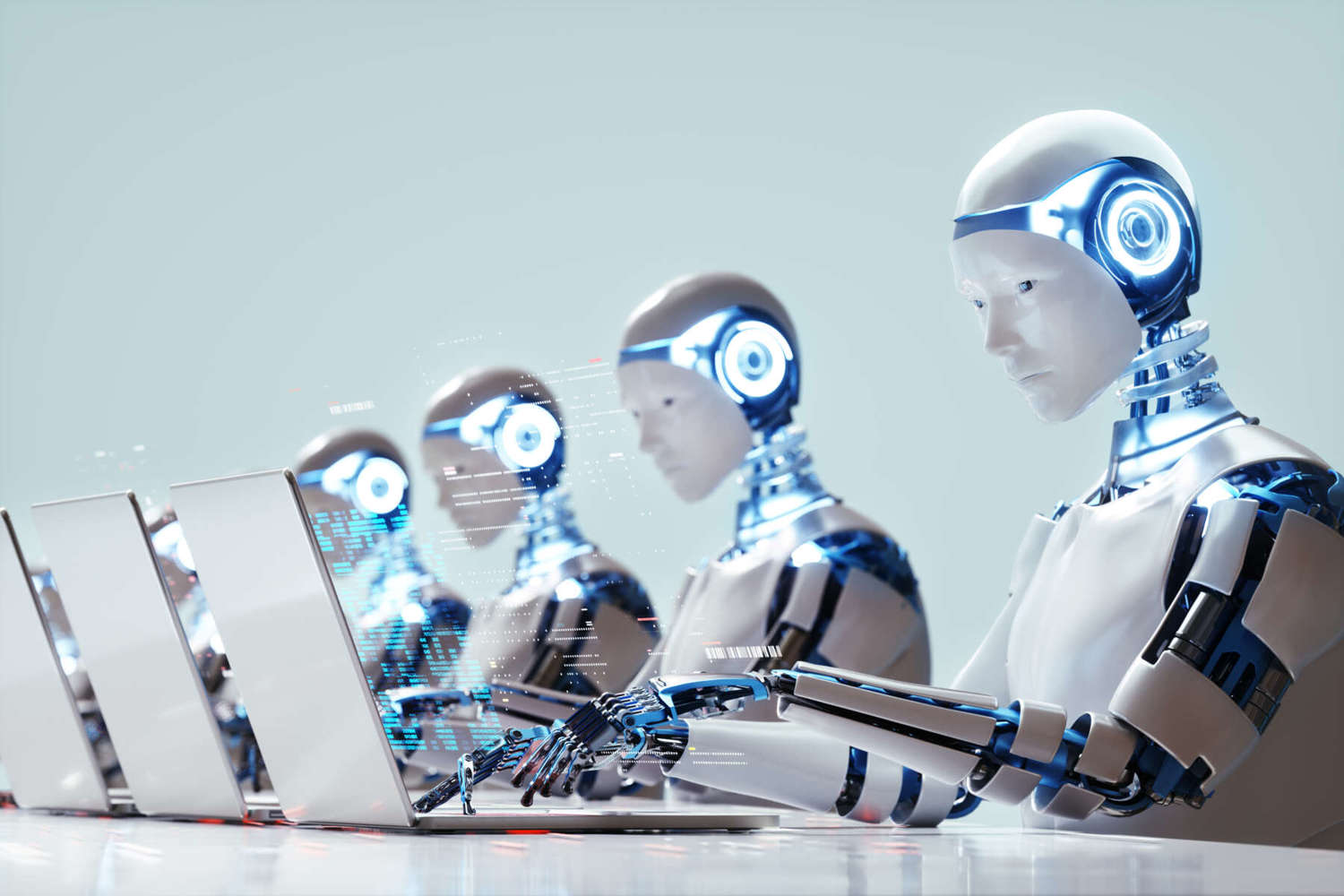The ideal of AI is to have it do our jobs while we drink cocktails on the beach – in reality we will probably just use our time to do more work
Philosopher Bertrand Russell has a great essay called In Praise of Idleness from 1932, where he glibly defined work as being of two kinds: "first, altering the position of matter at or near the Earth’s surface relatively to other such matter; second, telling other people to do so."
In the essay he looks at the underlying duty humans seem to have for work. He argues there is a misalignment in values, where work is seen as virtuous and leisure is seen as something frivolous.
In the essay where he lays out this story:
Suppose that there are a number of people working to make pins. They are making all the pins the world needs working, say eight hours a day. Someone then makes an invention with which the same number of people can make twice as many pins. Now, the world doesn’t need twice as many pins, they are already cheap. In a sensible world, Russel writes, everyone making the pins would work four hours a day instead of eight. Everything would carry on as before. But, in reality, this would be unheard of. No, people will still work eight hours, there will be too many pins, employers will go out of business and half the people previously making pins would be thrown out of work. Instead of leisure being shared around, half the workers are now out of work and the other half are overworked like before.
Russell concludes that leisure will cause misery instead of being a universal source of happiness. “Can anything more insane be imagined?" he asks.
Is AI making us more efficient?
I thought of this story when recently looking at a survey of AI attitudes to work.
A study from Upwork found that 96 percent of C-Suit employers expect that AI will improve productivity of workers; 81 percent had increased their demands on workers in the previous year.
However, nearly half of workers (46 percent) reported to having no idea how to achieve the productivity expected of them. Moreover, 77 percent of workers reported that AI had decreased their productivity and added to their workload. The main reason for this was checking and correcting AI output.
Another reason was the time it has taken to upskill, though this might see an improvement in productivity down the track.
This study found that most of what is expected of employees from the use of AI is using tools to increase their output, expand their skillset, and take on a wider range of responsibilities. What isn't mentioned is companies saying that AI should increase worker leisure time, or for employees to "take a more relaxed approach to work" or "have an extra afternoon off a week".
Should this be a concern?
As a point of contrast, a separate survey from the Slack Workforce Lab, found that 81 percent of desk workers who used gen AI found it increased their productivity.
But, worryingly for AI firms, was only 32 percent of workers from this survey had tried gen AI tools, and only half of that (16 percent of total workers surveyed) used it at least once weekly.
This is despite the study echoing the sentiment or push for AI adoption, with 96 percent of executives surveyed feeling an urgency to incorporate AI into their business.
The AI hype cycle and the efficiency mantra
The hype around AI adoption (which colleagues and I recently contributed to this special collection on) has this driving call: "Organisations are seizing the generative AI moment to capture opportunities ... Those that don't will be stuck in the control tower wondering why they've fallen behind."
The mantra around AI is a drive for productivity, creation of efficiency and extracting economic value.
An MIT Sloan article wrote that "Generative AI can improve a highly skilled worker's performance by as much as 40 percent compared with workers who don't use it".
This all sounds great. But what is that work being replace with?
Workers in the Slack Workforce Lab survey were asked what they would spend time on if AI saved them several hours of work a week. Their response? More admin.
The least prioritised was non-work tasks or building relationships with colleagues.
Yes, a worker can increase their efficiency by 40 percent at some tasks, but only to have that 40 percent replaced with more work.
The Psychological effect of AI coworkers
The Upwork survey also found that one quarter of executives who said AI will increase productivity reported having training programs in place; only 13 percent reported having a well-implemented AI strategy.
This could be an issue considering the psychological effects of working with AI are only now emerging.
One study found that extensive work with AI tools led to employee loneliness.
An example they give is an employee who was able to use AI to be much more productive, to generate more reports than before, who focused on completing as many tasks as possible with her AI assistant.
It also led to a sense of isolation, where in the past she might have asked a human colleague for help trouble shooting, she now asks an AI.
The study found that the more workers used AI to improve work output and efficiency, the more socially deprived they felt as work took over their entire day.
Will AI set us free?
So, what is the end goal of AI innovation? Is it human liberation and human flourishing, or is it just to increase the number of unnecessary pins in the world?
Russell's essay advocated for a world where everyone could be comfortable without working long hours (he argued for a four-hour work day); however we are no closer to this than we were some 92 years ago.
Technology does not seem to be getting us closer. We could have reinvested the efficiencies of AI into leisure, shorter working hours or time off.
However, these efficiencies are instead being reinvested into more work. What AI seems to be demonstrating is a strange human devotion to the duty of work, where work needs to be replaced with more work. As this continues, in another 92 years, it isn't some malevolent AI which is going to prevent human flourishing – it is humans.
As this continues, in another 92 years, it isn't some malevolent AI which is going to prevent human flourishing – it is humans.
To quote Russel: "Can anything more insane be imagined?"
This article was republished from ethics.exe with Dr Declan Humphreys's permission.
Media enquiries: Please contact the Media Team media@usc.edu.au






